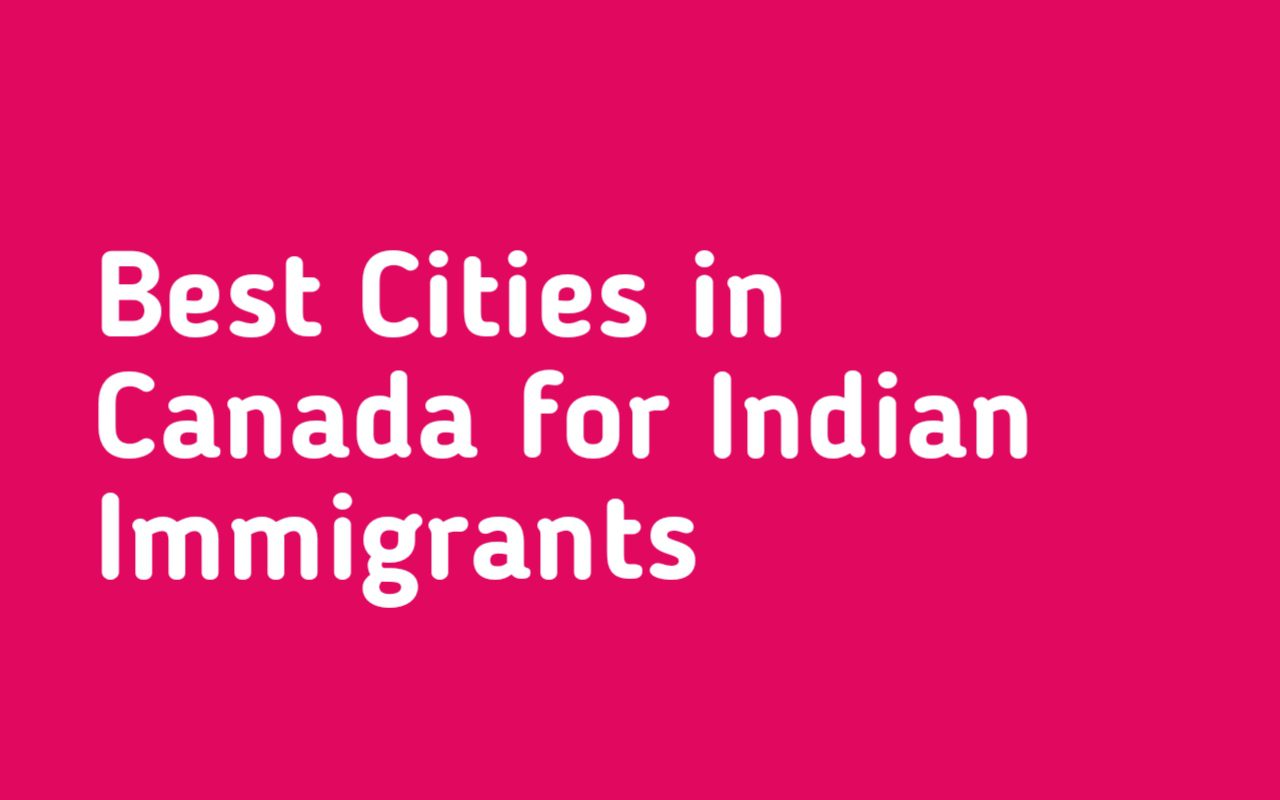Studying in the United Kingdom (UK) is an incredible opportunity for international students. With its renowned educational institutions and diverse cultural experiences, the UK offers a stimulating environment for personal and academic growth. However, before embarking on this journey, it is crucial to understand the requirements and application process for a UK student visa.
This article will discuss the various types of UK student visas, the requirements, and the step-by-step application procedure.
Read Also: How to Apply for a Canada Student Visa and Study Permit
United Kingdom Student Visa
Types of UK Student Visas
Different types of student visas are available in the UK based on the length and nature of your course. It’s important to understand these visa categories to determine which one is suitable for your educational goals:
a) Tier 4 (General) Student Visa:
The Tier 4 (General) student visa is designed for students aged 16 and above who wish to pursue a full-time course in the UK. Some key points about this visa are:
- Validity: The Tier 4 visa is typically granted for the course duration you plan to study.
- Working Hours: Tier 4 visa holders are generally allowed to work part-time during term time and full-time during holidays.
- Eligibility: To be eligible, you must have an unconditional offer from a recognized UK educational institution, sufficient funds to cover tuition fees and living expenses and meet English language proficiency requirements.
b) Short-term Study Visa:
The Short-term Study Visa is suitable for individuals planning to study short courses, language training programs, or research projects in the UK. Here are some important details:
- Duration: This visa is valid for up to six months for short courses and up to 11 months for English language courses.
- Employment: Short-term Study Visa holders are not allowed to work or pursue a work placement during their stay.
- Eligibility: To apply for this visa, you must have an offer from a licensed UK institution, prove your intention to leave the UK after completing your studies and demonstrate sufficient funds to cover your expenses.
Requirements for a UK Student Visa
You must fulfil certain requirements to apply for a UK student visa. Here are the key elements you must consider:
a) Confirmation of Acceptance for Studies (CAS)
Before applying for a Tier 4 visa, you must obtain a Confirmation of Acceptance for Studies (CAS) from your UK educational institution. The CAS is a unique reference number provided by the institution, confirming that they have accepted you for a full-time course.
b) Financial Requirements
To meet the financial requirements for a UK student visa, you must prove that you have enough funds to cover your tuition fees and living expenses during your studies. The exact amount will vary depending on your educational institution’s location and course duration.
c) English Language Proficiency
You must demonstrate your English proficiency by providing evidence of your ability to communicate effectively in English. This requirement can be fulfilled by passing an approved English language test or meeting specific criteria set by your institution.
d) Tuberculosis (TB) Test
If you are from a country listed as a TB hotspot, you may need to undergo a tuberculosis test as part of your visa application process. This test helps ensure the health and safety of both you and the UK population.
Step-by-Step Application Procedure For UK Student Visa
To apply for a UK student visa, follow a step-by-step procedure. Here’s a general outline of the application process:
a) Prepare Your Documents
Gather all the required documents, including your CAS, proof of finances, English language test results, and any additional documents specified by the UK Visas and Immigration (UKVI).
b) Complete the Online Application
Create an account on the UKVI website and complete the online application form accurately. Then, pay the visa application fee and the Immigration Health Surcharge (IHS), if applicable.
c) Biometric Appointment
You can book a biometric appointment at a visa application center in your home country. During this appointment, you will provide your fingerprints and photographs.
d) Submit Your Application
Submit your complete application and supporting documents to the visa application centre.
e) Visa Processing
Wait for your application to be processed. The processing time may vary, so applying well before your intended travel date is advisable.
f) Visa Decision
You will receive a decision on your visa application. If approved, you will be issued a visa vignette sticker on your passport, allowing you to enter the UK.
g) Collecting Your Biometric Residence Permit (BRP)
Upon arrival in the UK, you must collect your Biometric Residence Permit (BRP) within 10 days from a designated collection point.
Frequently Asked Questions About UK Student Visa
Here are some commonly asked questions regarding the United Kingdom student visa application process:
1. How early should I apply for a UK student visa?
Applying for a UK student visa is recommended as soon as you receive your Confirmation of Acceptance for Studies (CAS) from your chosen educational institution. The visa processing time may vary, so applying well before your intended travel date is best.
2. Can I work while studying in the UK?
The work permissions vary depending on the type of student visa you hold. Tier 4 (General) student visa holders are generally allowed to work part-time during term time and full-time during holidays. However, it’s important to check the specific work restrictions outlined by the UK Visas and Immigration (UKVI).
3. Can I switch to a different visa category while studying in the UK?
It is possible to switch to a different visa category while studying in the UK. However, it is essential to consult with an immigration advisor or the UKVI to understand the specific requirements and procedures for switching visas.
4. Do I need proof of health insurance for a UK student visa?
While health insurance is not a mandatory requirement for a UK student visa, it is advisable to have comprehensive health insurance coverage during your stay in the UK. This ensures that you can access necessary healthcare services without any financial burden.
5. Can I extend my UK student visa?
If you wish to extend your stay in the UK for further studies, you can apply for a visa extension. It is crucial to submit your application before your current visa expires and meet the eligibility criteria for the extension. Consult the UKVI website or seek guidance from an immigration advisor for specific details on the visa extension process.
6. Can I travel outside the UK with a UK student visa?
You can travel outside the UK while holding a valid UK student visa. However, ensuring that your visa remains valid for re-entry into the UK is important. Check the visa expiry date and any travel restrictions before planning your trip.
7. What happens if my UK student visa application is refused?
If your UK student visa application is refused, you can appeal the decision or reapply. It is crucial to review the refusal letter and seek professional advice to understand its reasons and determine the best course of action.
8. Can I bring my dependents to the UK on a student visa?
In some cases, you may be able to bring your dependents (spouse, civil partner, or children) to the UK on a student visa. However, specific requirements and limitations apply. Consult the UKVI website or an immigration advisor for detailed information on bringing dependents to the UK.
Wrapping up
Obtaining a UK student visa is crucial for international students planning to pursue their education in the United Kingdom. To ensure a smooth visa application process, it is essential to thoroughly understand and meet the requirements set by the UK Home Office.
Always refer to the official government sources or consult with an immigration advisor for the most up-to-date and accurate information regarding the UK student visa requirements. Good luck with your studies in the UK!



